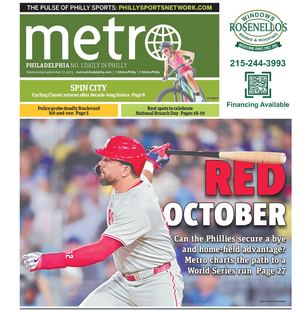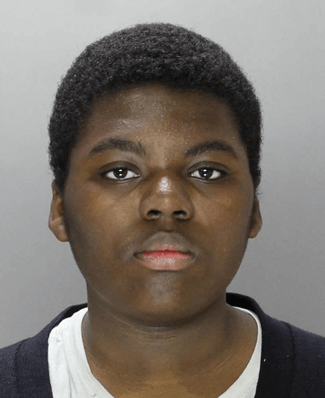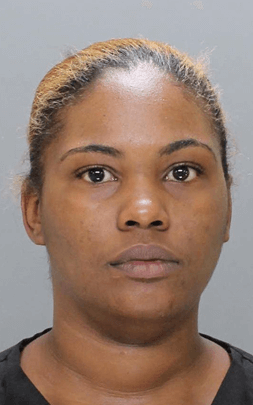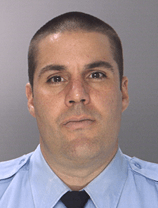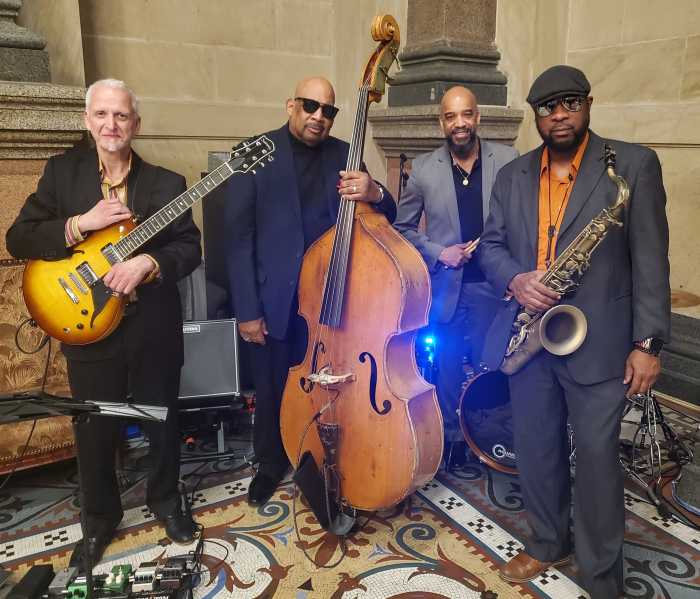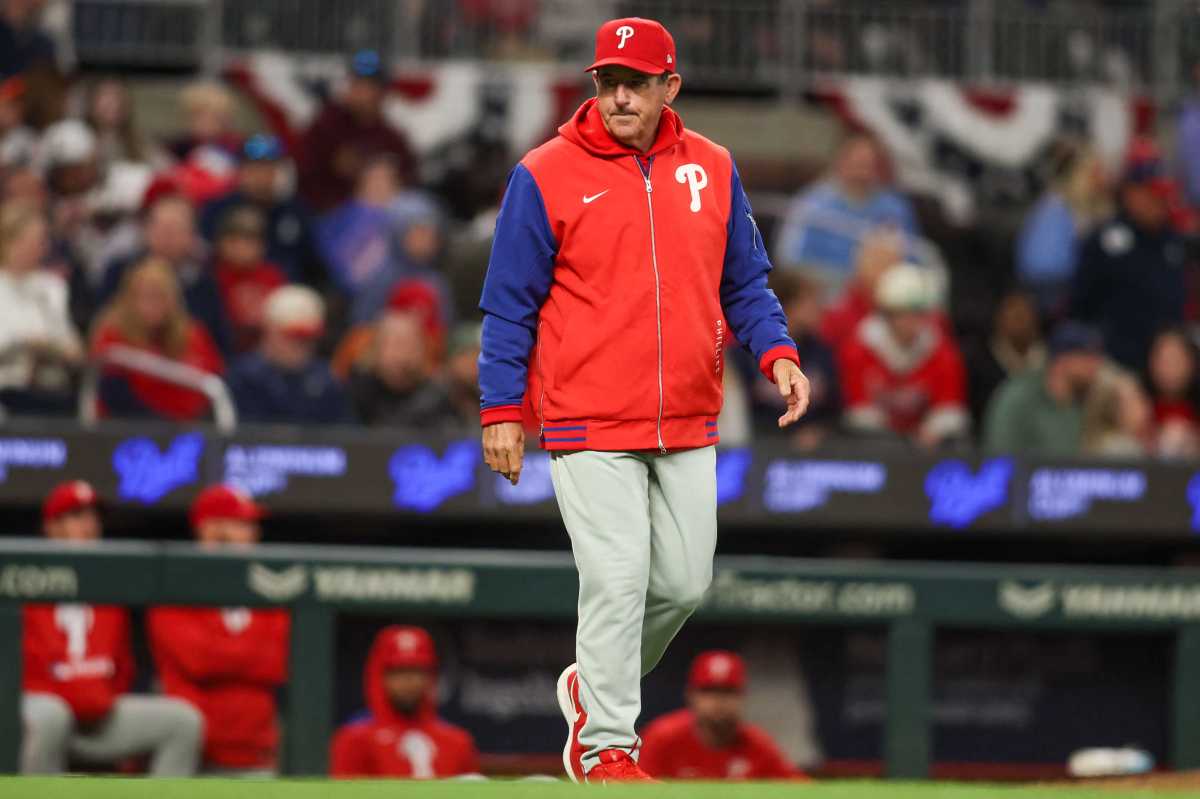One of six narcotics officers on trial for ripping off drug dealers took the stand Friday morning in his own defense.
Michael Spicer, 19-year veteran who worked as a milkman before he became a cop, seemed affable and relaxed when questioned by defense attorney Jack McMahon.
He laughed when McMahon asked him to respond to allegations that clothing and other items had disappeared from the apartment of marijuana dealer Robert Kushner, who worked as a confidential informant after being caught by the squad. “Did you take anything like that,” McMahon asked.
“No sir,” Spicer replied.
The case has been marked by a distinct lack of physical evidence. A safe that Officer Jeffrey Walker said he stole from Kushner’s apartment and later threw into the Schuylkill River has never been located. There is, suffice to say, a lack of accounting records to corroborate claims by drug dealers that hundreds of thousands of dollars in cash was stolen. The lack of physical evidence has made the trial a “he-said, she-said” affair. On the one side are 16 drug defendants and an admittedly corrupt cop, Walker, who pleaded guilty after being caught in an FBI sting. Some witnesses corroborate the testimony of others, but on many of the allegations the witnesses stand alone. On the other stand several high ranking supervisors in the narcotics squad, and on Friday, one of the accused. They say prosecution’s witnesses are lying.
In testimony in April, Kushner told the court that he was so intimidated by the officers when he was initially pulled over, he thought they were going to rob him. Walker said the officers coerced Kushner into cooperating by telling them that they would take him to a Philadelphia jail and tell African American inmates that Kushner used racial epithets. On the stand Friday, Spicer described playing basketball with Kushner.
“Mr. Kushner advised us he was a basketball coach,” Spicer said. “(Officer Brian) Reynolds poked fun at him, saying he hoped his team was better than he was, because he was not that good.”
McMahon’s line of questioning seemed to emphasize the police procedure. That testimony gave Spicer a chance to demonstrate not only the rigors of police work, but his sense of humor.
Spicer testified that between 2007 and 2012 he probably made over 1,000 arrests and took part in the execution of hundreds of search warrants.
He said the squad rarely worked undercover, because of the lack of open air drug markets in its turf. They instead preferred to conduct surveillance on suspected drug dealers and stop their buyers as they left the location. They’d then work up the distribution channel to ensnare larger dealers. “You can’t walk up to someone and say, ‘Excuse me sir, I’m a cocaine purchaser. Can you sell me two bags of your finest?’ Spicer said.
Prosecutors are expected to begin cross examination on Monday.
